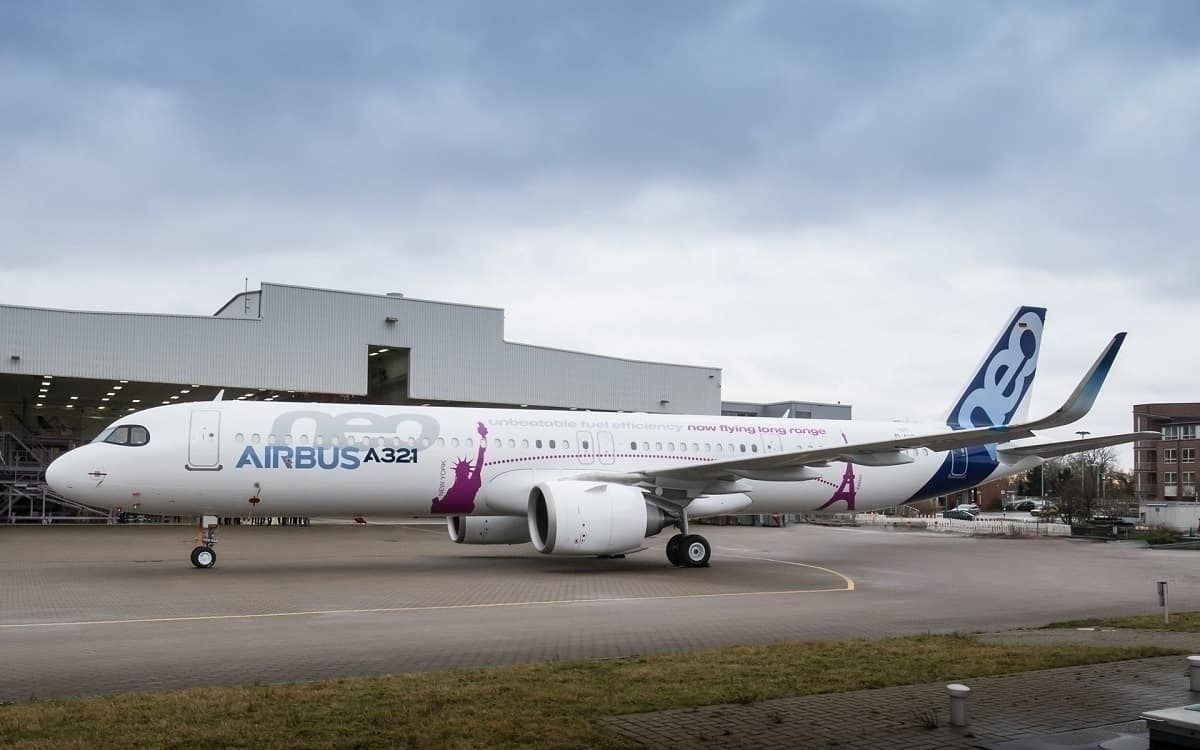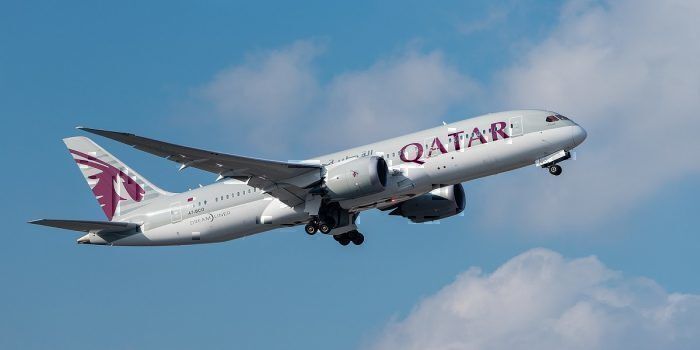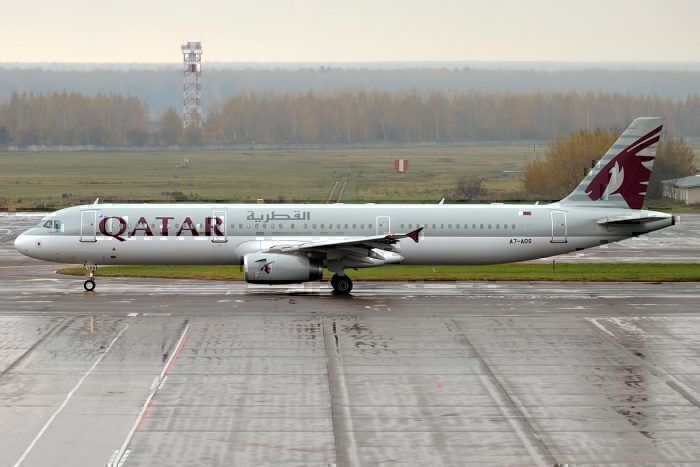Qatar Airways has announced it is swapping the engine options of its new A320neo family aircraft. The Middle Eastern carrier has chosen the engine of CFM International over the Pratt & Whitney option.
Reports Flight Global, two years ago Qatar Airways systemically disbanded its order of 50 A320neos. That was due to a dispute with Airbus about the reliability of the Pratt & Whitney PW1100G. Qatar has since upgraded the order to include CFM engines, and now expects a part delivery of 40 A321neos next year.
The new planes will be powered by CFM’s Leap-1A engine. The engine is fast-becoming the product of choice for discerning buyers, due in part to the reliability issues of the PW power plants.
According to Bloomberg, 9% of LEAP-powered A320neos were out of service for at least one week in July 2017, compared with 46% of those using the PW1100G. We have contacted Qatar for further comment.
Airframe
Writes Flight Global, Qatar has valued the Leap-1A deal for 50 jets at $4Bn.
The new A321neo will be configured to Airbus’s “Cabin Flex”. The config essentially allows optional emergency exit activation, enabling Qatar to adjust its passenger count options. The variant on order with the Doha carrier will seat up to 240.
Qatar Airways has been a CFM customer since 2015. The airline operates a fleet of 38 A320ceo family aircraft, of which eight are powered by CFM’s 56-5B.
Qatar Airways Group boss Mr. Akbar Al Baker said in the company’s press release (13/11/19),
“We chose the LEAP engine based on its proven efficiency in commercial operations.
“This engine addresses our strategy to operate a state-of-the-art fleet with the most advanced technologies in the industry, while expanding our network and maintaining flexibility for our customers.”
The jet war
CFM's Leap engine is regarded as exceptionally fuel efficient. That is of great importance to carriers operating within a competitive industry. Furthermore, airlines are increasingly seeking cleaner and more efficient engine options amid pressure from environmental lobbyists.
Reported AIN Online in 2018, the CFM received 16,300 sales of its Leap engine leading to an eight-year backlog. Despite sales of the CFM56s outselling the Leap by 10,000 units, more Leaps have been produced since 2013 than CFM56s in 25 years.
The Leap currently has a 60% market share of orders for the A320neo family. The CFM56 has a similar share of the ceo fair, according to Flight Global.
Downtrodden
Meanwhile, Pratt & Whitney’s $10 billion investment in its geared PW1100G power plant is yet to pay off. Languid sales have only marginally increased since 2017; the majority of buyers heading for the doors of CFM.
To make matters worse for PW, one year on from Qatar’s 2017 dispute about the engine option, Lufthansa demanded half of its order of A320neos be equipped with CFM’s Leap-1A rather than the PW engine.
PW's woes matter little to CFM however. Of its renewed association with Qatar CFM’s boss Mr. Gaël Méheust, said: “We are excited to take another step forward in our partnership with Qatar Airways.
“This is a real trust mark in our products, and we look forward to helping them introduce the fuel-efficient LEAP engine into their fleet to support Qatar Airways fast growth and maintain lower operating costs.”



